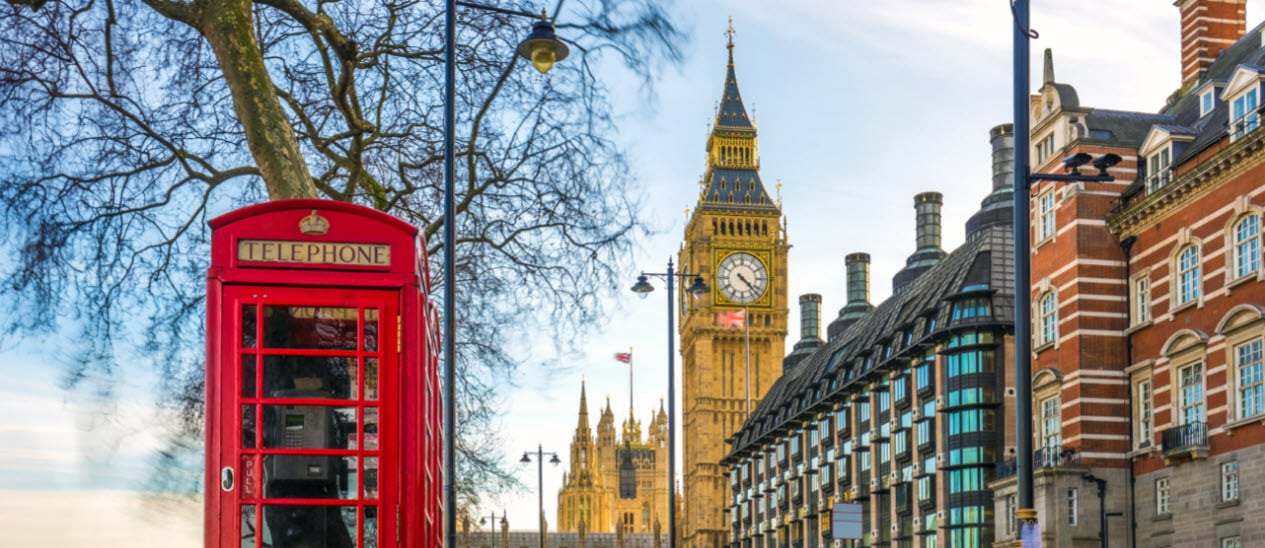The UK’s Plastic Packaging Tax (“PPT“) is due to take effect from 1 April 2022 and will be payable by manufacturers and importers of plastic packaging containing less than 30% recycled plastic content at a rate of £200 per metric tonne where certain thresholds are met. See our previous client alert on this topic here.
According to the HM Revenue & Customs policy paper, the objective of the PPT is to “provide a clear economic incentive for businesses to use recycled plastic material in plastic packaging”. This will help to create demand for recycled material and in turn stimulate increased levels of recycling and collection of plastic waste, reducing the amount that ends up in landfill or being incinerated.
The primary legislation is set out in the Finance Act 2021 which was enacted in June 2021. The administrative aspects of the PPT will be dealt with in secondary legislation and a consultation on the Plastic Packaging Tax (General) Regulations ran from 4 November 2021 until 1 December 2021. We expect the final version of this legislation to be published soon.
Guidance on how to register for the PPT can be found here but registration cannot be completed until 1 April. It should also be noted that all guidance in respect of the PPT is subject to change while the secondary legislation is finalised.
A crucial aspect of the PPT regime is that downstream businesses that buy plastic packaging on which the tax should have already been paid may be found jointly and severally liable for any unpaid tax. In connection with this, on 30 December 2021, HMRC published guidance on the due diligence checks businesses should undertake in connection with the PPT. The guidance does not set out a specific list of checks that should be carried out in every case. Rather, it is the responsibility of each business to decide which checks are “relevant, reasonable and proportionate” depending on the businesses’ “personal circumstances and supply chain”.
Ahead of April, it is important that businesses assess whether they will be required to pay the PPT in respect of any plastic packaging that does not meet the 30% threshold and, even where a business is not required to pay the PPT directly, it will still need to consider what steps should be taken to ensure that it is not involved in a supply chain where the PPT goes unpaid by someone else.





